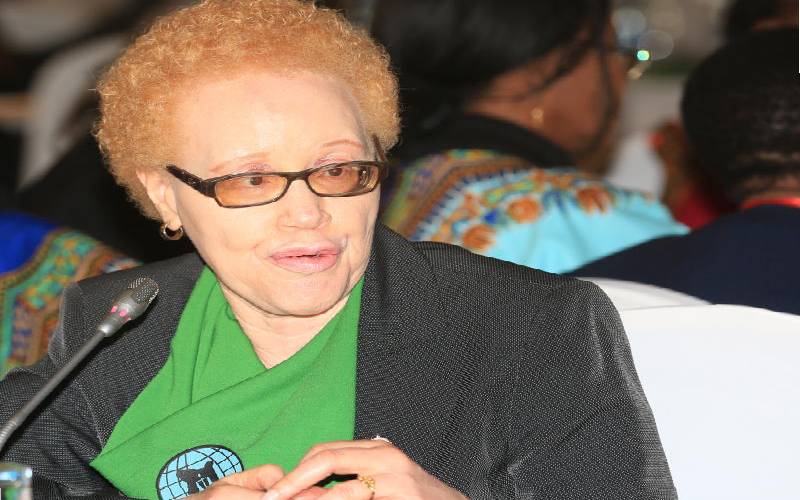×
The Standard e-Paper
Stay Informed, Even Offline

Lawyers are divided about High Court rulings on whether public officers facing criminal cases ought to be barred from office until they are cleared.
Critics argue that last week’s ruling by High Court Judge Mumbi Ngugi that blocked Samburu Governor Moses Lenolkulal from accessing his office until the conclusion of a corruption case against him exposed double standards in the country’s justice system.